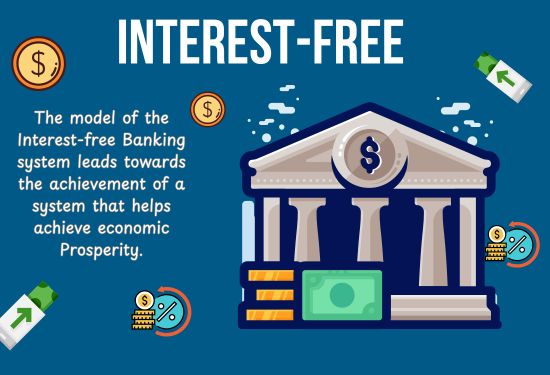The Role of Financial Technology in Enhancing Financial Services
In the rapidly evolving world of finance, technology has become the cornerstone of innovation and efficiency. Financial Technology, or FinTech, is revolutionizing the way financial services are delivered and consumed, transforming everything from payments and lending to investment and insurance. This article delves into the current trends in FinTech and explores future predictions for how technology will continue to enhance financial services.

Current Trends in FinTech
One of the most notable trends in FinTech is the rise of digital payments. With the proliferation of smartphones and the internet, consumers are increasingly opting for digital wallets and contactless payments over traditional cash transactions. Services like Apple Pay, Google Wallet, and PayPal have made it easier for individuals to complete transactions quickly and securely. These innovations not only enhance convenience but also reduce the risk of fraud and improve financial inclusivity by providing access to banking services for the unbanked.
Blockchain technology is also making waves in the financial sector. Its decentralized nature and inherent security features have led to innovations such as cryptocurrencies and smart contracts. Cryptocurrencies like Bitcoin and Ethereum offer an alternative to traditional fiat currencies, while smart contracts automate and enforce the terms of agreements without the need for intermediaries. This can streamline processes, reduce costs, and increase transparency in financial transactions.

Future Predictions
Looking ahead, the role of FinTech in financial services is set to expand even further. One area of growth is in the realm of open banking. Open banking allows third-party developers to build applications and services around financial institutions' data, fostering greater competition and innovation. This could lead to more personalized financial products and services, as well as improved customer experiences. For example, consumers may benefit from budgeting tools that integrate with their bank accounts to provide real-time insights into their spending and saving habits.
The use of biometric authentication is also expected to become more prevalent. As concerns about security and privacy grow, biometric methods such as fingerprint scanning, facial recognition, and voice recognition offer a higher level of security compared to traditional passwords and PINs. These technologies could become standard in financial services, providing a seamless and secure user experience.
Additionally, the convergence of FinTech with other emerging technologies, such as the Internet of Things (IoT) and augmented reality (AR), holds exciting possibilities. IoT could enable smarter financial management through connected devices, while AR could enhance user interactions with financial data, making it more intuitive and engaging.

Conclusion
Financial Technology is reshaping the landscape of financial services by driving innovation, enhancing security, and improving accessibility. As digital payments, AI, blockchain, and other technologies continue to evolve, they will undoubtedly lead to more efficient, personalized, and secure financial services. The future promises even greater advancements, with open banking, biometric authentication, and the integration of emerging technologies poised to further transform the way we manage and interact with our finances. Embracing these changes will be crucial for both consumers and financial institutions as they navigate the dynamic world of FinTech.
(Writer:Weink)





